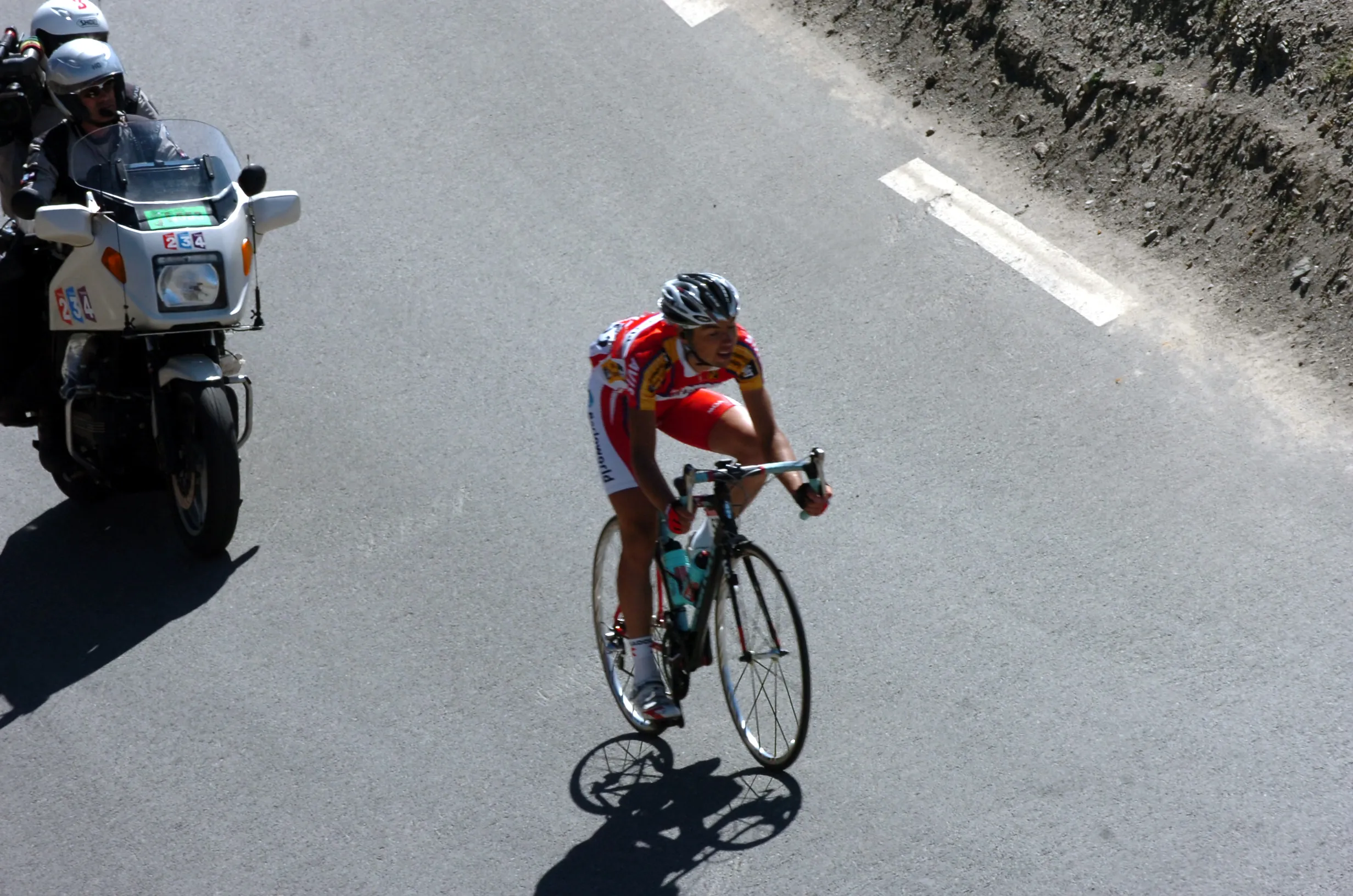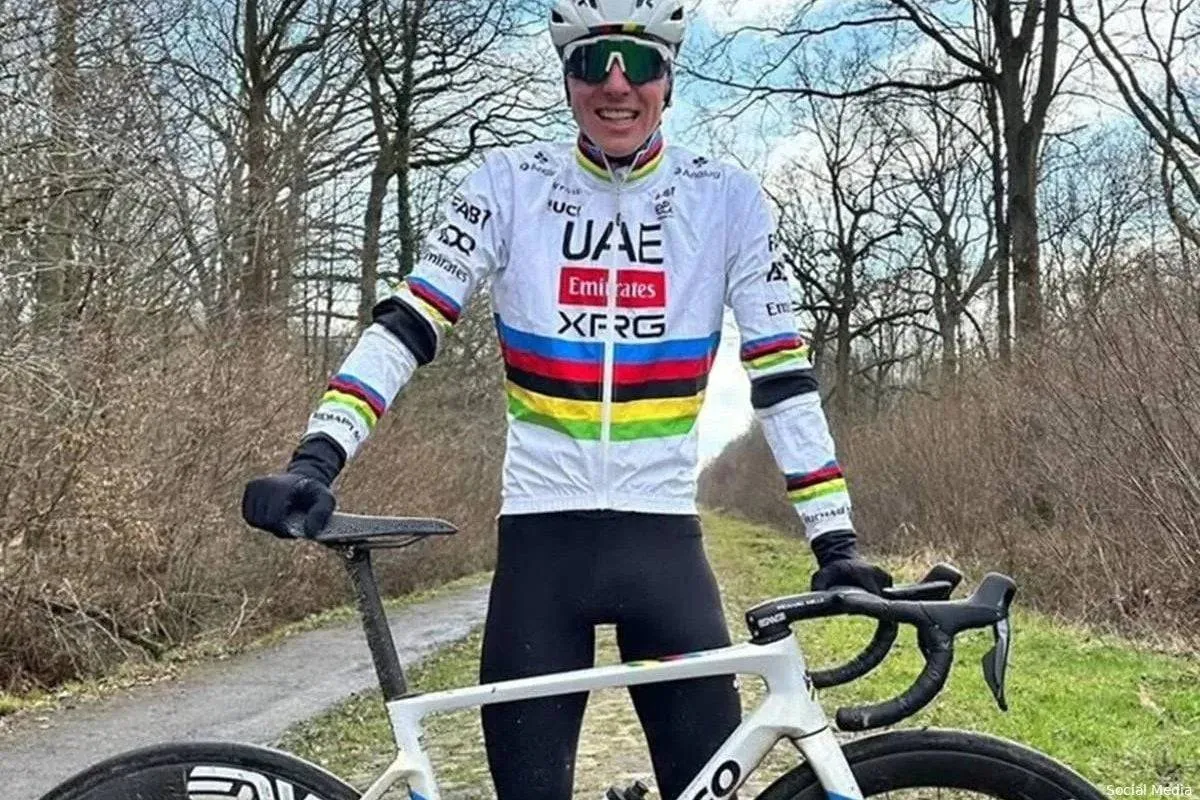After 2.5 years in prison, former Trek pro cyclist wants to help others: "I didn’t do it, and look where I ended up"
CyclingTuesday, 11 February 2025 at 14:50
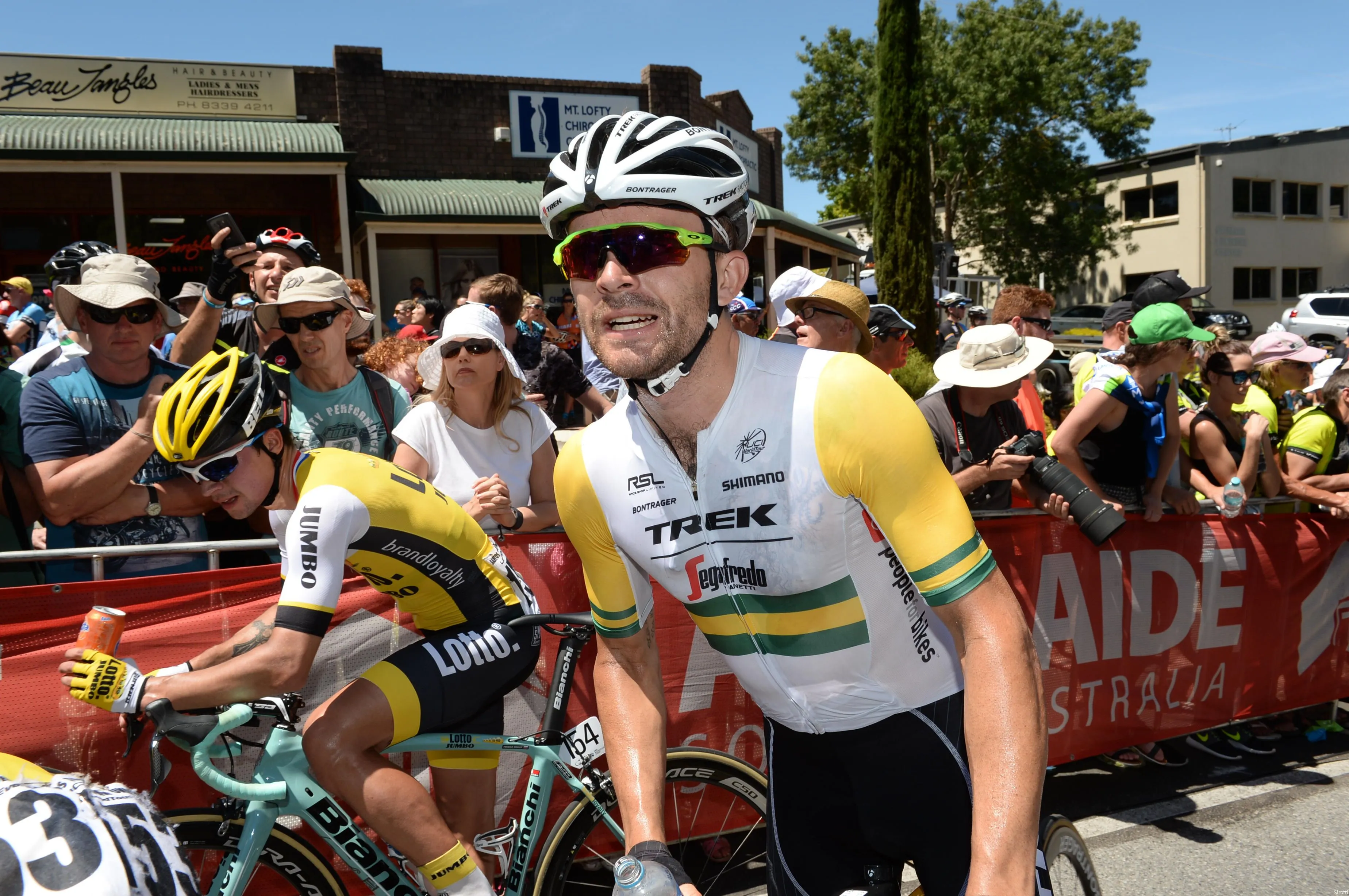
Former professional cyclist Jack Bobridge has spoken publicly for the first time about the dark hole he fell into after his career ended. In an episode of A Current Affair, the Australian opened up about the black hole he fell into after his career. Bobridge retired from professional racing at the end of 2016, and just a year later, he was arrested for dealing drugs, for which he ended up in prison.
During his career, Bobridge won multiple Australian championships on both the road and track. Between 2010 and 2016, he spent several seasons in the WorldTour, riding for Garmin, Orica-GreenEdge, Trek-Segafredo, and two years with the Dutch team Belkin. Throughout those years, the Australian battled rheumatoid arthritis, which allowed him to take corticosteroids to manage the condition.
"It got to the point where my whole body… even getting out of bed was a struggle," he now reflects. "I couldn’t put my socks on because my feet hurt so much, let alone get up and train." Bobridge turned to alcohol and drugs during his career to escape his problems, and when he retired in late 2016, things spiraled further out of control.
"There was no more competition, so there was no barrier anymore. It was like the door opened wide, so to speak. I didn’t matter. I could do what I wanted, whenever I wanted," he recalls. In 2017, he was arrested after being caught in an undercover operation selling MDMA, leading to his conviction and imprisonment in 2019. "I was using a lot of drugs. And obviously, I was getting drugs for my friends, which some people might say is dealing, but there was never any profit in it."
Read more below the video!
Bobridge wants to help other former pros with his story
Now, for the first time since his release in early 2022, Bobridge is speaking out. He still carries deep regret. "I can take that on myself, but it's hard to carry the weight of everyone you let down. My daughter too—she was so young. She didn’t understand what was happening," says Bobridge, who wishes he had received more support from the world that had given him so much in the years before.
"I take full responsibility for the things I’ve done, the drinking, and the recreational drug use, but I wish there was more support for athletes," the Australian admits. "You feel like you give 100% to your sport and your country, and then when you’re done, you’re just dropped. That’s it. You’re finished. There were no phone calls, no emails. Nothing after I retired. You just disappear."
Bobridge now works as a bricklayer and hopes his story can give others the support he never had. "I just hope my story can help at least one person avoid making the same mistakes I did. It’s not weak to raise your hand and ask for help. I didn’t do it, and look where I ended up."
Read also
IDL-productions

Eenkhoorn and Evenepoel get along well at Soudal Quick-Step: "Remco already sent a few messages"

Just 10 (!) days after concussion, Longo Borghini again a strong contender for the Ardennes: "I woke up in the hospital"

"Others get more respite"; is this the best van Aert? Question leads to candid answers at Visma | Lease a Bike

British talent joins van Aert and Evenepoel—but why did he ride with them? "Otherwise, I would have been toast"

Preview Brabantse Pijl 2025 | Evenepoel’s comeback, but also van Aert, Pidcock, a strong UAE team, and many more!
Latest Cycling News

Visma | LaB left empty-handed after French race due to flat tire at the 'worst possible moment'

Eenkhoorn and Evenepoel get along well at Soudal Quick-Step: "Remco already sent a few messages"

Just 10 (!) days after concussion, Longo Borghini again a strong contender for the Ardennes: "I woke up in the hospital"

"Others get more respite"; is this the best van Aert? Question leads to candid answers at Visma | Lease a Bike

British talent joins van Aert and Evenepoel—but why did he ride with them? "Otherwise, I would have been toast"
Popular Cycling News

Thomas on Pogacar vs. van der Poel in Paris-Roubaix: "In the Tour he will have a three-hour lead"

Flashbacks to Amstel Gold Race? Questions raised over mysterious bottle given to Pogacar in Roubaix: "Not everyone gets permission"

Bruyneel impressed by more than just van der Poel and Pogacar: "That rider will be a future star"

Preview Brabantse Pijl 2025 | Evenepoel’s comeback, but also van Aert, Pidcock, a strong UAE team, and many more!

After a somewhat forced exit from Alpecin-Deceuninck, Laurance brings van der Poel-like mindset to his new INEOS squad
Latest Comments
- Such negative comments that are truly inappropriate and actually ridiculous. He sounds like an old man, bitter that he can't race anymore. Why can't he just be gracious? Or just shut up. Instead of howling for attention, in such a rude manner. Must be Dementia creeping in. We are all living in the Now. Records are there, and some are being broken, some are unapproachable. If he doesn't like it, and it makes him sick, maybe he ought start watching some other sport. Don't want the old mans health to be upset.
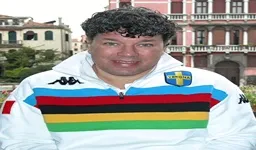 reemmo031-03-2025
reemmo031-03-2025 - Roger De Vlaeminck inspires me to create a new beer: "Bitter Old Twat Belgian".JackInhof31-03-2025
- Shoot, I'll ride it for 1/10 of what his pay for that day is😅Veganpotter30-03-2025
- What is this? The Lance Armstrong daily cheaters channel? I could care less about Johan and Lance the seven times cheater. Greg Lemond was right all along, Why don't you write about that instead of these two knuckleheads.velodrone28-03-2025
- Are we all doomed to hear from Lance Armstrong and Johan bruneel until the end of time? It's not enough the stain they left on cycling? Do we have to see that shadow forever?bigyakman26-03-2025
- I am not sure if it is the hardest to win. In Flanders and Roubaix well before the finish the Peleton will be decimated and the race will normally be won by the best rider of the day or maybe 2nd or 3rd in case of a mechanical or unlucky break especially in case of Roubaix. In San Remo just before the finish there will still be several riders in contention and they are hard to ditch. For the best riders it is a race hard to win since it is not so selective. But if you are not a top 5 rider but still a top 10 rider this race is your best change to win. You will see more Milan San remo Winners with only 1 monument win than any other monumentsJoostmehrtens19-03-2025
- "fap fap fap oh Lance oh oh OHHHHHHH" again. Does he pay you to dredge up people with nice things to say about him? He was an giant a$$hole to people. It is a fact. Whatever his contrition about the doping, he is unapologetic about being a giant a$$hole to people. (Why yes, I do only login to complain. *I* am however only a giant a$$hole to people who laud giant a$$holes.)ericjensenridesbikes25-02-2025
- Remco is still very young. And injuries can absolutely keep you from overdoing it and getting worse. The recent Remco accident didn't keep him from being able to ride a recumbent inside. Wout's knee is a different story thoughVeganpotter23-01-2025
- Van der Poel style is winning by a half a lap and leading the race from the end of the second lap.
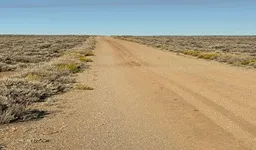 Barnes127420-01-2025
Barnes127420-01-2025 - If she thinks talent alone will put her there she will not see many podium finishes much less a GC finish.....work as a team utilizing tactics to consistently be at the top.Germanrazor10-01-2025
